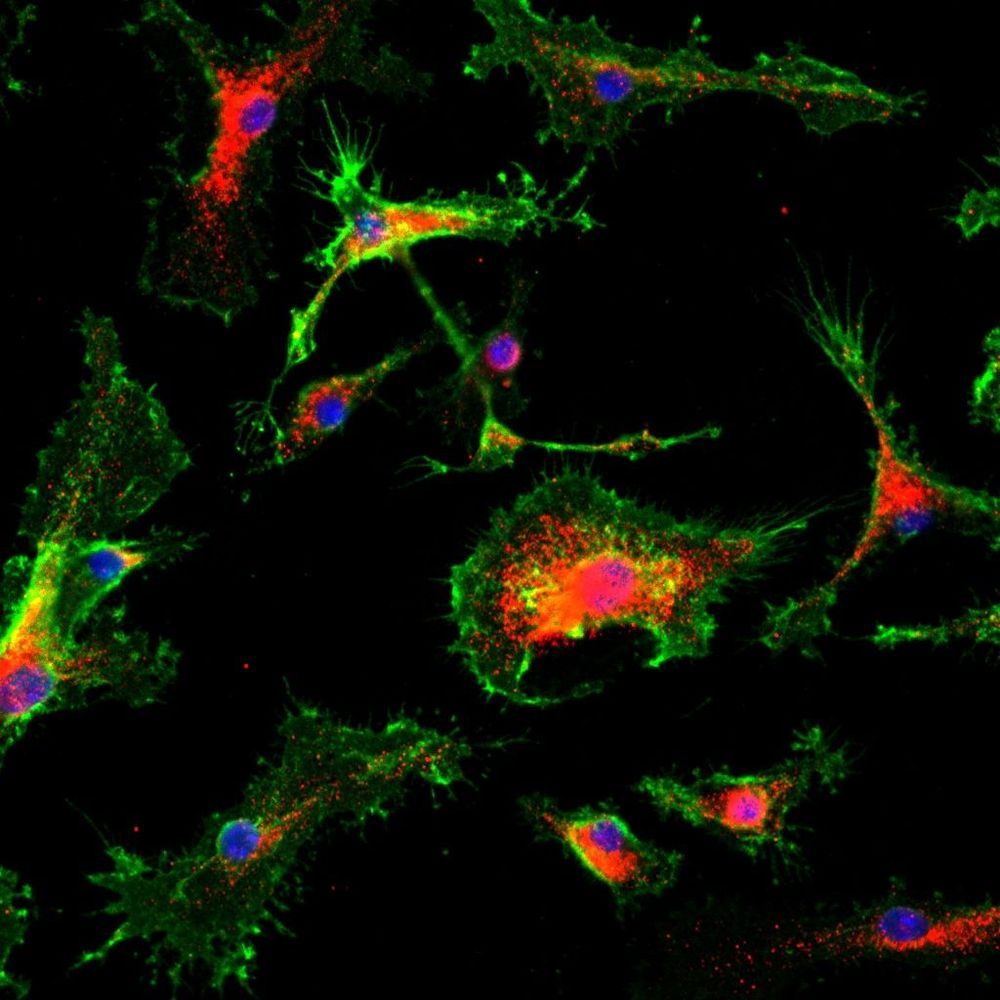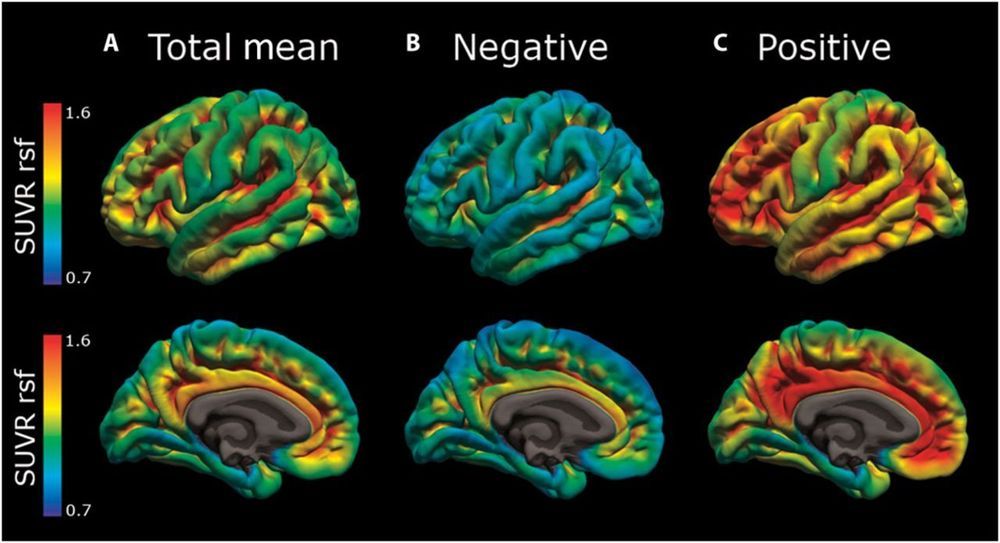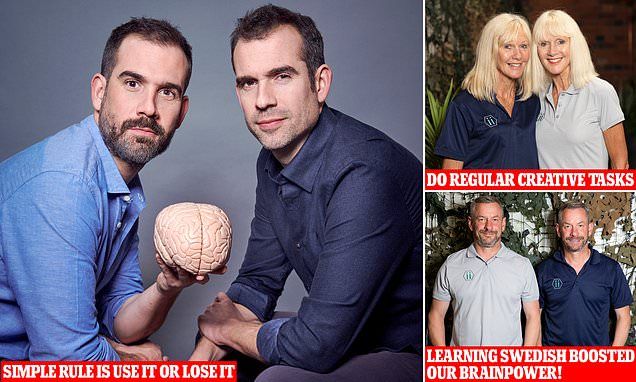Buck researchers also harness an innate repair mechanism to protect against liver damage in aging mice and extend lifespan in flies.



The bacteria in your gut may offer an accurate way to measure your biological age, according to a new study.
The microbiome
In recent years, it has become increasingly apparent that the communities of bacteria, fungi, and other microbes living in our gut, known as the microbiome, are likely involved in aging, particularly the chronic age-related inflammation that accompanies it.

Another senolytic drug candidate has entered development at Unity Biotechnologies. The purpose of senolytics is to clear the body of harmful senescent cells, which accumulate with age and encourage age-related diseases to develop.
A new treatment for age-related diseases of the eye
Recently, UNITY Biotechnologies announced the selection of a new lead drug, UBX1967, with the goal of treating a range of age-related diseases of the eye. This is the second drug in the pipeline of this $677 million company. This drug is unique in the world of eye treatment; it targets and destroys senescent cells, making it a senolytic that targets one of the root causes of aging to treat disease.
George Church revealed progress on aging reversal using gene therapies. They have delivered 45 gene therapies to provide aging reversal. They find the combined treatment is effective against obesity, diabetes, osteoarthritis, cardiac damage and kidney disease.
This is the work that Nextbigfuture has been expecting from George’s company Rejuvenate Bio.
Rejuvenate Bio has been using the aging reversal therapies on dogs for almost all of 2018.

In patients with Alzheimer’s disease (AD), amyloid-β (Aβ) plaques and tau protein tangles accumulate in the brain long before the appearance of clinical symptoms. Early intervention is critical for slowing neurodegeneration and disease progression. Therefore, reliable markers of early AD are needed. Lucey et al. analyzed sleep patterns in aging cognitively normal subjects and showed that non–rapid eye movement (NREM) sleep negatively correlated with tau pathology and Aβ deposition in several brain areas. The results show that alterations in NREM sleep may be an early indicator of AD pathology and suggest that noninvasive sleep analysis might be useful for monitoring patients at risk for developing AD.
In Alzheimer’s disease (AD), deposition of insoluble amyloid-β (Aβ) is followed by intracellular aggregation of tau in the neocortex and subsequent neuronal cell loss, synaptic loss, brain atrophy, and cognitive impairment. By the time even the earliest clinical symptoms are detectable, Aβ accumulation is close to reaching its peak and neocortical tau pathology is frequently already present. The period in which AD pathology is accumulating in the absence of cognitive symptoms represents a clinically relevant time window for therapeutic intervention. Sleep is increasingly recognized as a potential marker for AD pathology and future risk of cognitive impairment. Previous studies in animal models and humans have associated decreased non–rapid eye movement (NREM) sleep slow wave activity (SWA) with Aβ deposition. In this study, we analyzed cognitive performance, brain imaging, and cerebrospinal fluid (CSF) AD biomarkers in participants enrolled in longitudinal studies of aging.

Today in the Mail’s pullout, the twins focus on anti-ageing your brain, and show you simple strategies to give it a boost — from telling you why you’re becoming forgetful to revealing the techniques you can use to improve brain health and function.
Yes, in the ‘spouse’ seat during counselling was Xand, his identical twin and fellow telly doctor.
It’s quite a revelation that these two — both contenders for the title of TV’s sexiest doctor, surely — have a relationship that might require them even to think of counselling.

Thanks so much to Luanna Helena for having me on Creatively Speaking Radio to discuss Bioquark Inc. (http://www.bioquark.com) and nature’s clues for human regeneration, disease reversion, and age rejuvenation -
Also got to introduce our new mosquito / “ectocrinome” research program — (https://www.bizjournals.com/philadelphia/news/2019/01/02/bio…nefit.html) —
http://blogtalkradio.com/creativelyspeaking/2019/01/12/episode-79-ira-pastor


As the new year begins, we approach one of the most awaited life extension events of 2019: the Undoing Aging conference.
Starting off with a success
The Undoing Aging conference series started off in 2018, with the first being held in Berlin, Germany, in mid-March. Especially when you consider that UA2018 was the inaugural event of the series, it was extremely successful; the three-day conference organized by SENS Research Foundation (SRF) and Forever Healthy Foundation (FHF) brought together many of the most illustrious experts in the fields of aging research, biotechnology, regenerative medicine, AI for drug discovery, advocacy and policy, and business and investment.

LEAF writer Nicola Bagalà considers whether living past 40 is fundamentally different from living past 80.
Imagine this scene: you, a life extension supporter, are with a group of people talking about this and that, and, at one point, the opportunity to mention life extension presents itself. You expect people to react to it with “Yay! Longer life in good health! No more aging!” but reality doesn’t quite match up to your expectations; rather, all you get is the frustration of looking at how everyone nods approvingly when somebody puts on a great philosopher’s hat and asks rhetorically: “Would it really make us happier if we could live to 150?” Boy, is that ever irritating.
Actually, it isn’t really the specific question per se that is irritating—basically, whether living much longer than the current average would bring us more happiness—but rather that nobody ever asks whether living to 80 years old, for example, would make you any happier than you would be if you lived to only 40. If the first question is legitimate, the second one should be as well, and, by induction, you could work your way down to zero and ask whether being born makes you any happier than not being born. (Arguably, it doesn’t—babies inside the womb are generally quite peaceful and blessed looking, which is more than can be said of their mood once they pop out, but few people would agree that this is a good reason to abort each and every fetus.)
Maybe it is somehow established that living to 80 is sure to bring more joy than checking out at 40? Maybe it is equally well proved that living to 150 doesn’t make you any happier than hopping off the life train at 80? (Hardly—I don’t know of any 150-year-olds complaining about it, and neither do you.)